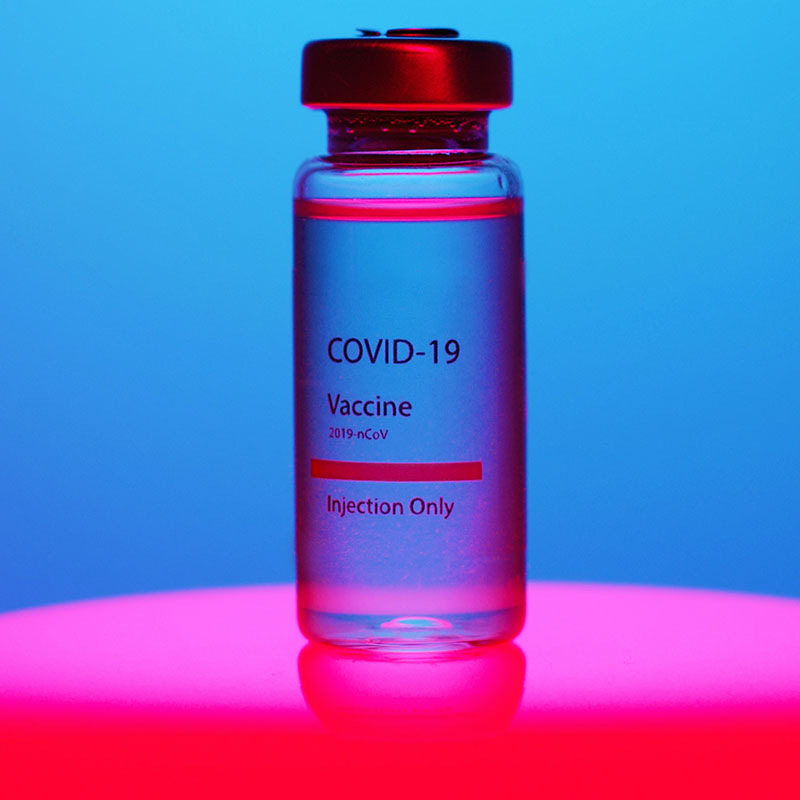
When the legislation mandating seatbelts was introduced in the 1960’s it was attacked as a violation of individual freedom. Now, like most of the world, we have seatbelt legislation.
Peter Singer, the Professor of Bioethics at Princeton University puts the issue into perspective this way; “Although the first compulsory seat-belt laws met with strong objections when they were introduced 50 years ago, nobody bothers to complain about such a commonsense rule anymore. In mandating vaccination against COVID-19, governments today can offer the same basic justification for protecting both individuals and society. Laws requiring people to be vaccinated if they are going to be in places where they could infect other people are restricting one kind of freedom in order to protect the freedom of others to go about their business safely.”
Each time we get into a car, the chance that we will be involved in an accident serious enough to cause injury if we are not wearing a seat belt is very small. Car crash survivors who were injured because they were not wearing seat belts recognize and regret their irrational decision. Even more regrettably, it is too late for those who were killed while sitting on their belts.
We are now seeing a similar situation with vaccination. Brytney Cobia recently posted on Facebook the following account of her experiences working as a doctor in Birmingham, Alabama: “I’m admitting young healthy people to the hospital with very serious COVID infections. One of the last things they do before they’re intubated is beg me for the vaccine. I hold their hand and tell them that I’m sorry, but it’s too late. A few days later when I call time of death, I hug their family members they cry, and they tell me they didn't know. They thought it was a hoax. They thought it was political. They thought it was ‘just the flu.’ But they were wrong. And they wish they could go back. But they can’t”
Paul Offit, a pediatrician specializing in infectious disease at the Children’s Hospital of Philadelphia, Pennsylvania, wrote in reference to the Measles vaccine, “If you’ve made the choice to put your child in harm’s way, and to put those who they come into contact within harm’s way, then you’ve done harm.” His opinion echoes that of the US Supreme Court of 1905, which upheld the legality of an 1809 mandate for smallpox vaccination in Massachusetts, stating “There are manifold restraints to which every person is necessarily subject for the common good.”
The risk is too great to do nothing. Professor Julian Savulescu, of the Faculty of Philosophy, at University of Oxford, writes “Mandatory vaccination can be ethically justified if the threat to public health is grave, the confidence in safety and effectiveness is high, the expected utility of mandatory vaccination is greater than the alternatives, and the penalties or costs for non-compliance are proportionate.” His paper for the Journal of Medial Ethics titled Good reasons to vaccinate: mandatory or payment for risk? Is a very important read on the ethical justification for compulsory vaccinations.
Overseas, rules announced in July in France and Greece require that people going to cinemas, bars, or traveling on a train show proof of vaccination are not deemed to be a violation of anyone’s freedom. This past February the Indonesian government became the first to make vaccination mandatory for all adults.
In the US, universities are beginning to mandate that students, faculty and staff be immunized before coming on campus. On August 2nd, a federal appeals court in Chicago ruled Indiana University can require students and employees to get the COVID-19 vaccine — the highest court decision regarding college immunization mandates, the Associated Press reported.
Tyson Foods, Google, Microsoft and United Airlines are among a growing list of companies issuing mandates for their workers. The Equal Employment Opportunity Commission has issued guidance noting that employers can require employees to be vaccinated and offer incentives for them to do so.
Dorit Reiss, a law professor at the University of California Hastings College of the Law in San Francisco told the TODAY show, “It's perfectly legitimate for an employer to regulate to make the workplace safer. They can certainly fire you if you don't want to follow health and safety rules.”
In a massive development on August 10th, the Pentagon said that all active members of the US military — 1.3 million people across several military branches — will be required to get a COVID vaccine no later than mid-September. US Secretary of Defense Lloyd Austin said that going forward, it would be nearly impossible to deploy unvaccinated US troops in countries with strict vaccination rules. Additionally, a COVID outbreak within the US military would also undermine its ability to aptly respond to dangerous situations.
Why should vaccination be compulsory? Because it’s the right thing to do. The private sector took the first initiative. Some US Government agencies are following, but this piecemeal approach will never provide the safety that is required. I hope that highly respected global organizations such as the United Nations and the World Economic Forum will work together to pressure all governments to step up and do the right thing. Compulsory vaccination should become the global standard by the end of 2022. Like it or not, this will be the only way for the global economy to recover, the only way forward to ensure the best possible health for global populations.
Read more about Alison here

